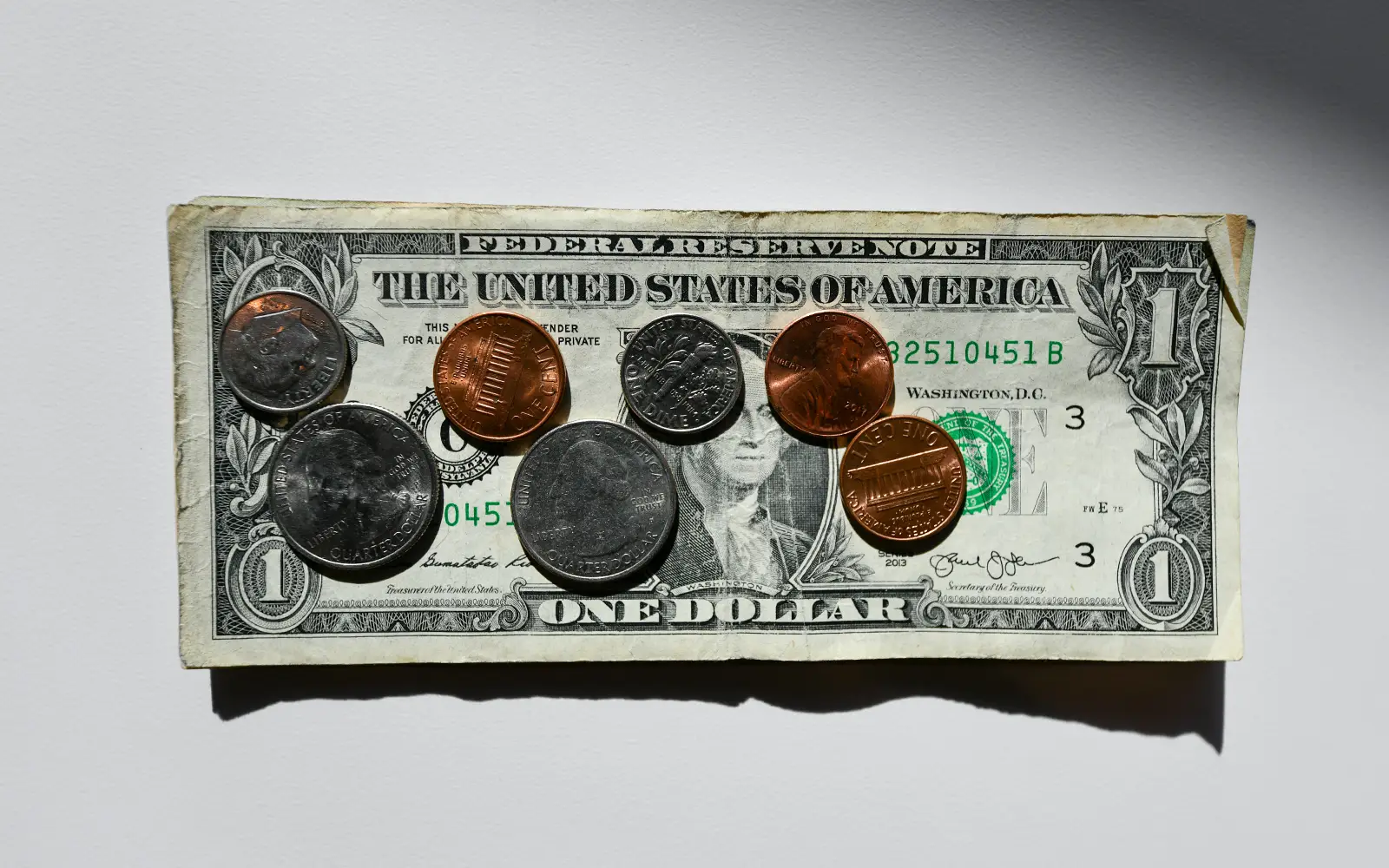Analyzing Pennsylvania’s Proposed Interchange Fee Tax Exclusion Law and Its Potential Impact
- July 16, 2024
Pennsylvania is on the cusp of potentially joining the ranks of states pioneering new regulations on interchange fees with its proposed House Bill 2394. This bill, amending Title 72 (Taxation and Fiscal Affairs) of the Pennsylvania Consolidated Statutes, aims to provide for interchange fee tax exclusion and set forth penalties for non-compliance. This article will explore the key provisions of the proposed law, its potential impact on the electronic payments industry in Pennsylvania, and draw comparisons with the recently enacted Illinois Interchange Fee Prohibition Act.
Key Provisions of Pennsylvania House Bill 2394
The proposed Pennsylvania House Bill 2394 introduces several critical measures aimed at excluding taxes from interchange fees in electronic payment transactions. Below are the essential sections of the bill:
Section 1902: Exclusion of Tax from Interchange Fees
- Subsection (a) – Tax Exclusion
-
- Exclusion of Taxes from Interchange Fees: The amount of tax calculated as a percentage of an electronic payment transaction and listed separately on the payment invoice must be excluded from the amount on which interchange fees are charged.
- Subsection (b) – Duties of Payment Card Networks
- Obligations for Payment Card Networks: Payment card networks must either:
- Deduct Tax Amount at Settlement: Deduct the tax amount from the interchange fee calculation at the time of settlement, or
- Rebate Proportional Amount: Provide a rebate for the portion of the interchange fee attributable to the tax.
- Acceptance of Proof: If a merchant cannot capture and transmit tax amounts at the time of sale, the payment card network must accept proof of tax amounts collected and promptly credit the merchant’s account upon submission of sales data.
Section 1903: Penalties
- Civil Penalty: Payment networks violating this chapter are subject to a civil penalty of up to $1,000 per violation, payable to the plaintiff.
- Refund Requirement: Violating payment networks must refund the portion of the interchange fee collected in violation of this chapter to each affected merchant or seller.
Legislative Background and Rationale
The proposed legislation in Pennsylvania mirrors the intent behind Illinois’ recent law—to alleviate the burden of interchange fees on taxes for merchants. Both laws seek to exclude taxes from the interchange fee base, thereby reducing overall transaction costs for merchants.
Practical Implications for Merchants and Consumers
Dual Compliance Methods
Pennsylvania’s proposed law, similar to Illinois, provides two methods for excluding taxes from interchange fees:
- Real-Time Deduction: Deducting the tax amount at the time of settlement.
- Post-Transaction Rebate: Rebating the tax-related portion of the interchange fee upon submission of proof by the merchant.
Impact on Payment Systems
The implementation of Pennsylvania’s proposed law will require significant adjustments to current payment systems. Payment card networks must adapt their systems to either deduct taxes at settlement or process rebates accurately and promptly. This may involve substantial investment in technology and process re-engineering.
Comparison with Illinois Interchange Fee Prohibition Act
Similarities:
- Tax Exclusion: Both laws mandate the exclusion of taxes from interchange fees.
- Dual Compliance Options: Both laws offer real-time deduction and post-transaction rebate methods for compliance.
- Penalties: Both laws impose civil penalties for non-compliance and require refunds to merchants.
Differences:
- Specific Provisions: While the Illinois law specifies detailed procedures for compliance, Pennsylvania’s proposed bill focuses more broadly on duties and compliance options for payment card networks.
- Scope of Rebates: Pennsylvania explicitly mandates acceptance of tax proof and prompt crediting for post-transaction rebates, ensuring flexibility for merchants unable to transmit tax data at the time of sale.
Geographic Implications and Broader Impact
As Pennsylvania moves towards implementing this proposed law, it joins a broader trend observed in states like Illinois. This trend is garnering attention, with states such as Georgia and Florida conducting studies on the potential for similar legislation. If adopted widely, these laws could significantly reshape the landscape of electronic payment processing in the United States.
Conclusion
Pennsylvania’s proposed House Bill 2394 represents a significant step towards reducing the financial burden of interchange fees on merchants by excluding taxes from the fee base. By providing clear compliance options and enforcing strict penalties, the bill aims to ensure fair and transparent processing of electronic payments. As the bill progresses through the legislative process, businesses in Pennsylvania should prepare for potential changes and consider the technological and procedural adjustments necessary for compliance.
The potential ripple effect of such legislation could extend beyond Pennsylvania, influencing other states to adopt similar measures and collectively transforming the electronic payments industry. Understanding these changes and preparing for their implementation will be crucial for businesses navigating the evolving regulatory landscape.
[Disclaimer: This article is for informational purposes only and does not constitute legal advice. Readers are encouraged to seek professional legal counsel regarding their specific circumstances by contacting an attorney at Global Legal Law Firm.]
Recommended Posts
-

How to Maintain Fintech Compliance
The fintech industry is highly regulated [generally at the state level,...
Read More -

What Is a Business Divorce?
Like any other relationship, business partnerships can also come to an...
Read More -

Suing for Breach of Contract: What You Need to Know Before Filing a Lawsuit
Business dealings rely on contracts. When one party doesn’t fulfill their...
Read More

